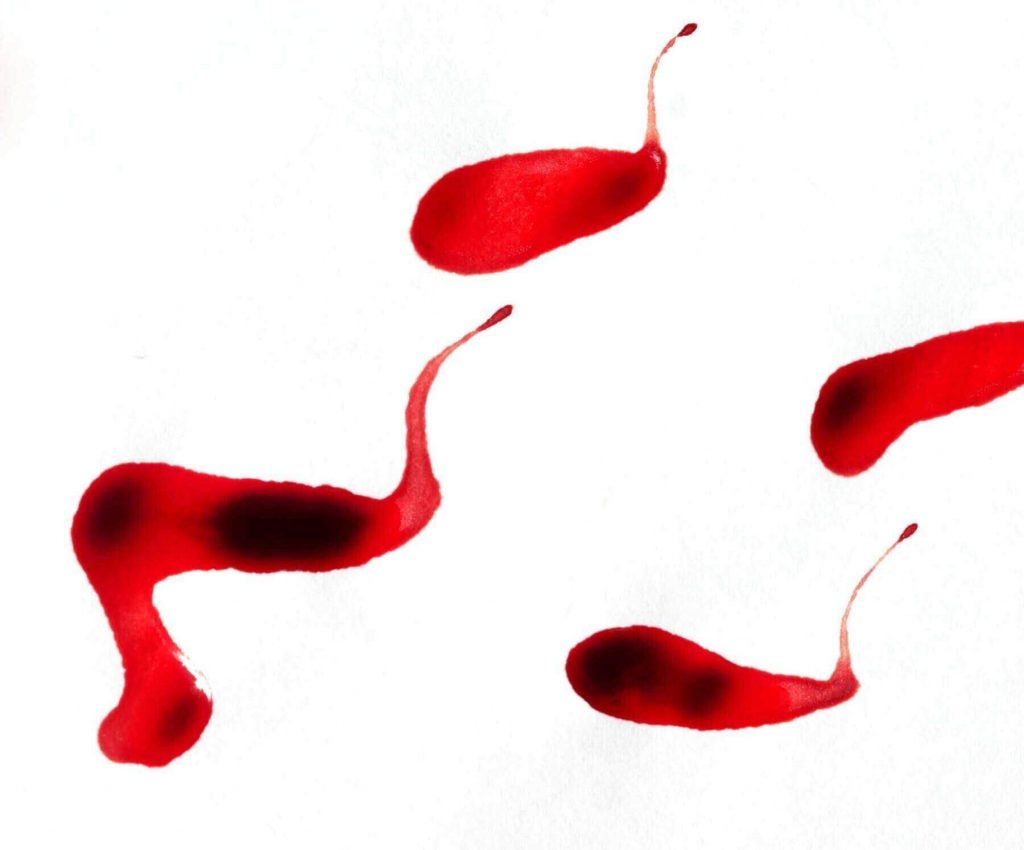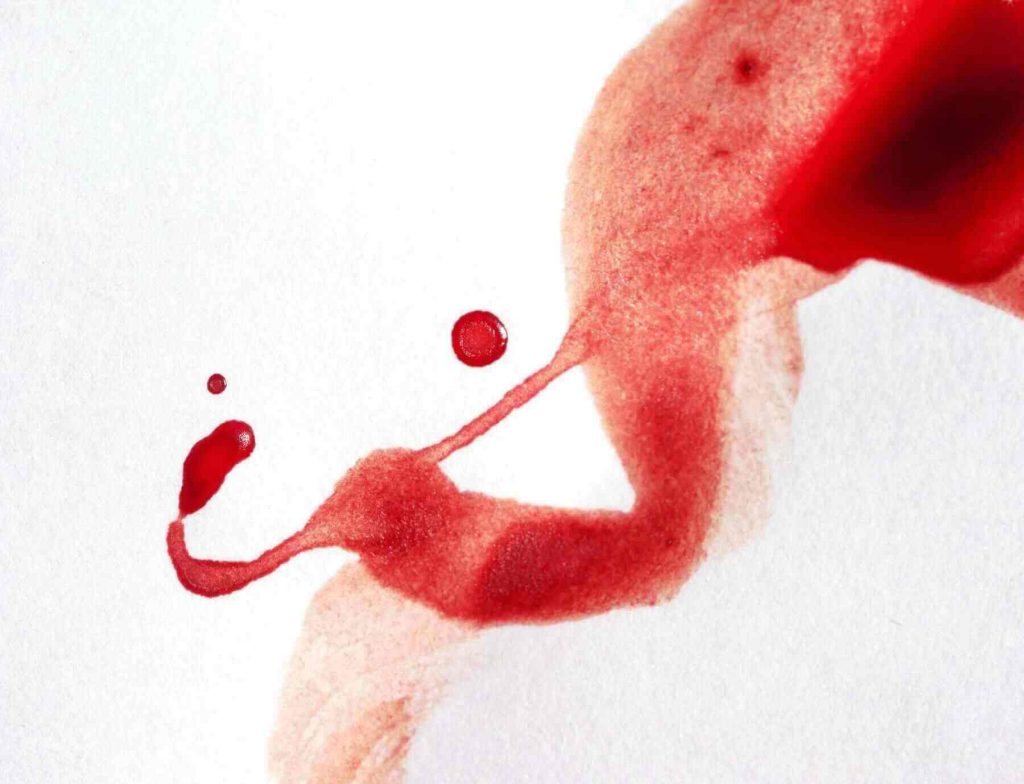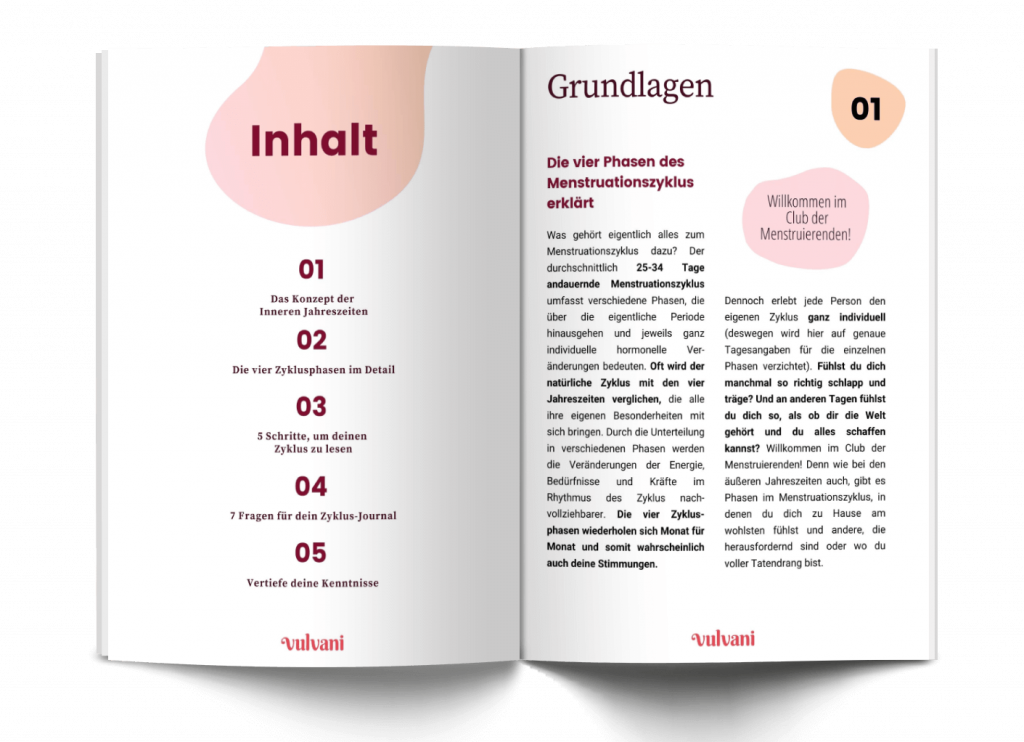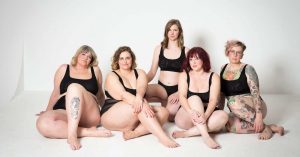
Discovering your menstruation as a spiritual practice
Yasmine understands her menstruation as a spiritual practice and shares in this interview how she is connecting more with her own body through cycle awareness.
Why do menstruation people call their period Bloody Mary or Strawberry week? The reason a lot of people use these period euphemisms is because they are ashamed to talk about the real thing: their period. But why is that and how can we stop this period shame? Rocío has some answers for us:
Children start asking questions at an incredibly young age. They start asking “why” to any sentence they hear, and they stop when they can look for the answers by themselves. To put it another way, curiosity is in human nature, and adults love to expand the knowledge of those little human beings with all kinds of explanations and words. Well, mostly. There are some conversations that seem to be easier than others, like, apparently, the one about periods.
When people talk about menstruation, this word and its synonym period seem to be the Lord Voldemort (aka He-Who-Must-Not-Be-Named) of this world. In 2016, HelloClue published the results of an international survey where they gathered all the euphemisms used for the word period. The results were astonishing. They discovered over 5,000 period euphemisms, from unique words to whole sentences that in some cases rhyme or are related to historical events. Considering that figure, one could think that it must be the only word with so many euphemisms that describes a biological function of “only’” half the population. But why? Why have we turned the word period in such a taboo?
Basically, we use euphemisms when we want to avoid saying something that is rather unpleasant or offensive. In that case, we could say that the words period or menstruation must have gained those connotations throughout the years. However, how exactly did periods become offensive? Is it that people naturally felt somehow ashamed and they wanted to avoid the issue? Or is it rather that other factors (culture, religion, etc.) made people feel ashamed towards periods? Maybe both?

The historian Greg Jenner wrote about the history of menstruation, menstrual products in history, etc. in this post. He also pointed out some curiosities that could have shaped the societies as we know them today. For example, having a menstruation for some religions could be a synonym of impurity. As he notes, this, together with the odour of blood, the pain and the fears related to the blood itself would have made people avoid talking about periods. I mean, would you blame them? However, what could have happened in the past is exactly what Kofi Agyekum points out in Menstruation as a Verbal Taboo among the Akan of Ghana: “as menstruation, a recurrent event in human life, cannot be avoided in conversations, strategies for making it speakable need to be found”.
“Alright, I get you, but why talk about period euphemisms when we should be fighting for real issues like equal pay?” “Why aren’t you just thankful for what you have and let others say what they want to?” “You should be worrying about those who don’t have the same rights as you do and stop thinking about such things”. I am sure you have heard or maybe even thought something like this at some point.
Actually, it turns out that it is not only about using certain words. If you are ashamed of talking about periods, how would you feel if you could not afford period supplies? Only in Berlin, approximately 70% of 11,100 homeless womxn are menstruators. This could imply that their access to menstrual products could be hindered or even non-existent.

Yet, you don’t need to be homeless to not be able to buy essential products. There are teenage/children menstruators growing up with the idea that periods are so shameful they cannot even use the word. If these children needed menstrual products that they could not afford, they could start, for example, missing classes while they are on their periods. Consequently, as Amika George states in “The Power of the Period”, this situation could “[…] create a mark gender divide in educational progression, leaving these girls trapped in the clutches of poverty and deprivation”. As pointed out, this gender divide originally started with shame of talking about periods and the lack of menstrual products. However, it can develop and grow until it affects every aspect of our society nowadays.
Current trends and new inventions would be signs of being on the right track. At least, that is what I thought until I recently read the news about this three guys’ “innovative” idea. Periods are not disgusting, and we cannot let people think they are and/or be disgusted by our own periods. We know better now. By using the proper nouns, we can stop the cycle of shame! After all, there is nothing more powerful than words and we need to use the right ones.
This change may not come easily, but I do believe in the power of the next generations of people. We are witnessing this change in all the new apps, menstrual products, etc. being created, and all the data being gathered and published. Our only duty now, as Chimamanda Ngozi Adichie advices in her A Feminist Manifesto in Fifteen Suggestions, is to keep teaching people “to reject the linking of shame and female biology”. Ultimately, and I quote her, “Periods are normal and natural, and the human species would not be here if periods did not exist”.



Yasmine understands her menstruation as a spiritual practice and shares in this interview how she is connecting more with her own body through cycle awareness.

What options are there for male birth control? Ailsa delivers an overview of what is available now, and what may come in the future.

Sustainable underwear? The founders of TUKEA talk about fair labour conditions, body diversity and body literacy.
…and empower countless women to make empowered choices about their bodies!

